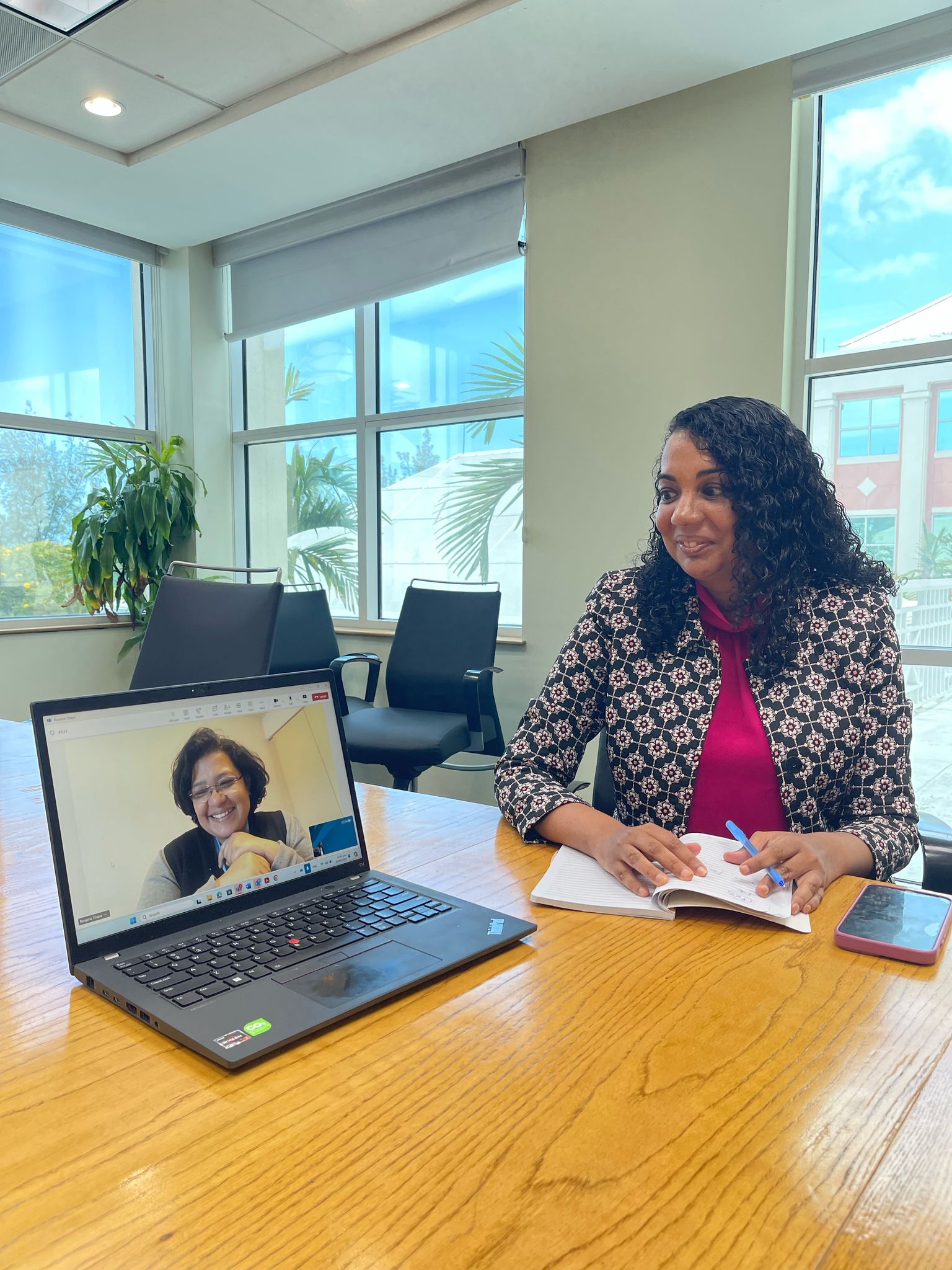OHCHR Special Advisor Ranjana Thapa Meets with Bahamian MSSM Specialist Personnel in Advance of Deployment
23 April 2025 – Nassau, New Providence, The Bahamas
In advance of the deployment of the second contingent of Bahamian personnel to the Haiti Multinational Security Support Mission (MSSM), Ms. Carolina Moreno Diaz from the Regional OHCHR Office based in The Bahamas arranged a human rights pre-deployment training module specific to the Bahamian specialist personnel. The Bahamian specialists will join the Command Centre of the MSS Base in Port au Prince alongside Kenyan, Jamaican, Belizean, Salvadoran and Guatemalan MSSM personnel.

Ms. Ranjana Thapa, MSSM Human Rights training lead in OHCHR Geneva, met with Bahamian personnel to provide an overview of the key aspects of the revised human rights training for a law enforcement support mission. Ms. Thapa, originally from Nepal, has over 19 years of experience in the human rights field, including human rights training and capacity building in Somalia under the United Nations Operation in Somalia (UNOSOM) and the United Nations Integrated Peacebuilding Office in Guinea-Bissau (UNIOGBIS).
Human Rights training for security forces involves theory and case scenarios aimed at preparing officers on how to apply international standards on the ground. Ms. Thapa explained that the human rights training provided for peacekeeping operations under Chapter VI of the UN Charter is different than what is required under Chapter VII, as per UN Security Council Resolution 2699 that authorised member states to form and deploy a Multinational Security Support (MSS) Mission to Haiti to “help re-establish security in the country and build conditions conducive to holding free and fair elections”. As such, Bahamian personnel will receive training focused on rules of engagement, use of force, and prevention of sexual and gender based violence. The Bahamas will also be invited to a workshop being held later this year with all personnel contributing countries to discuss best practices and ways to increase human rights accountability mechanisms within the MSSM.
END
